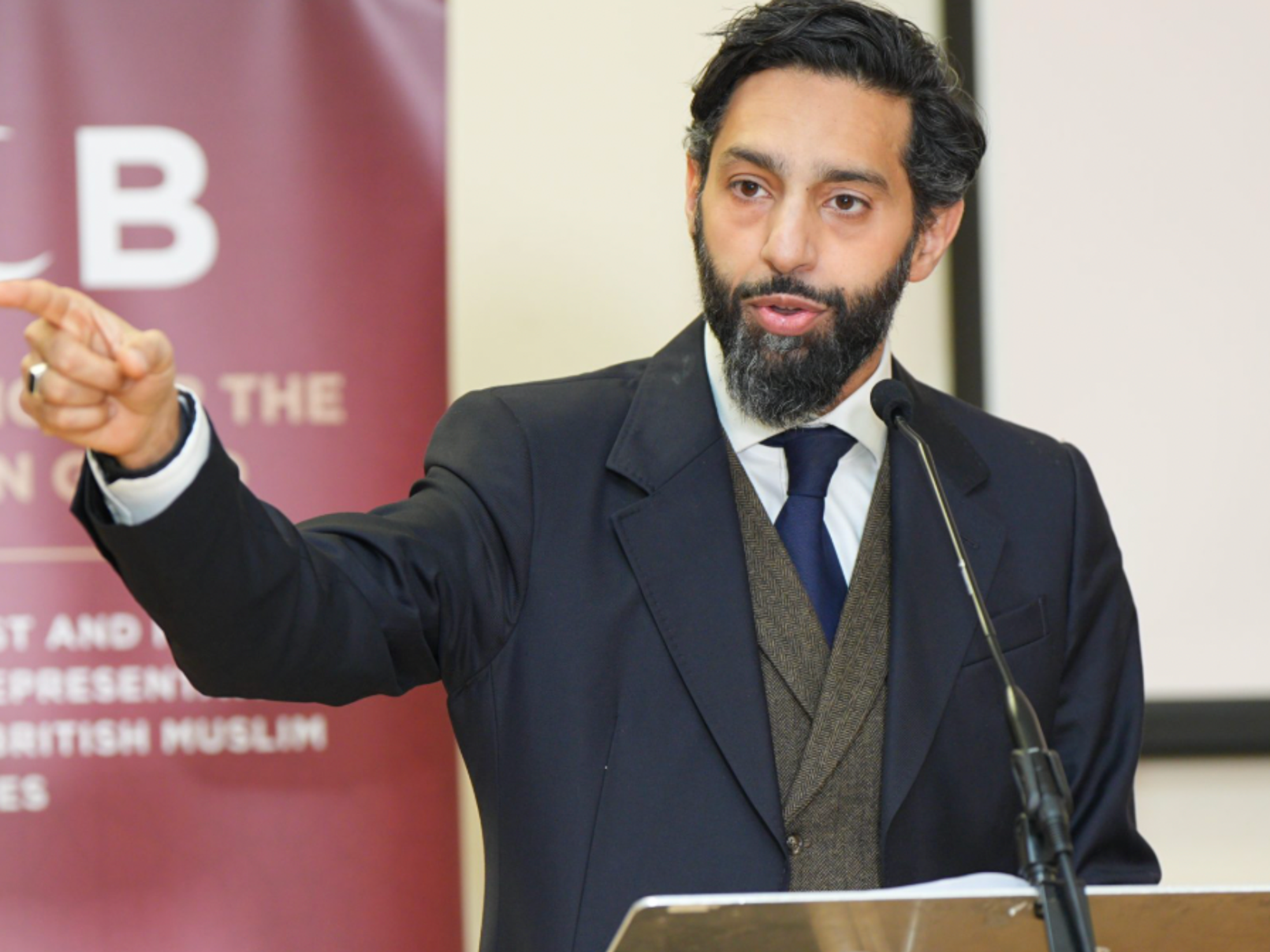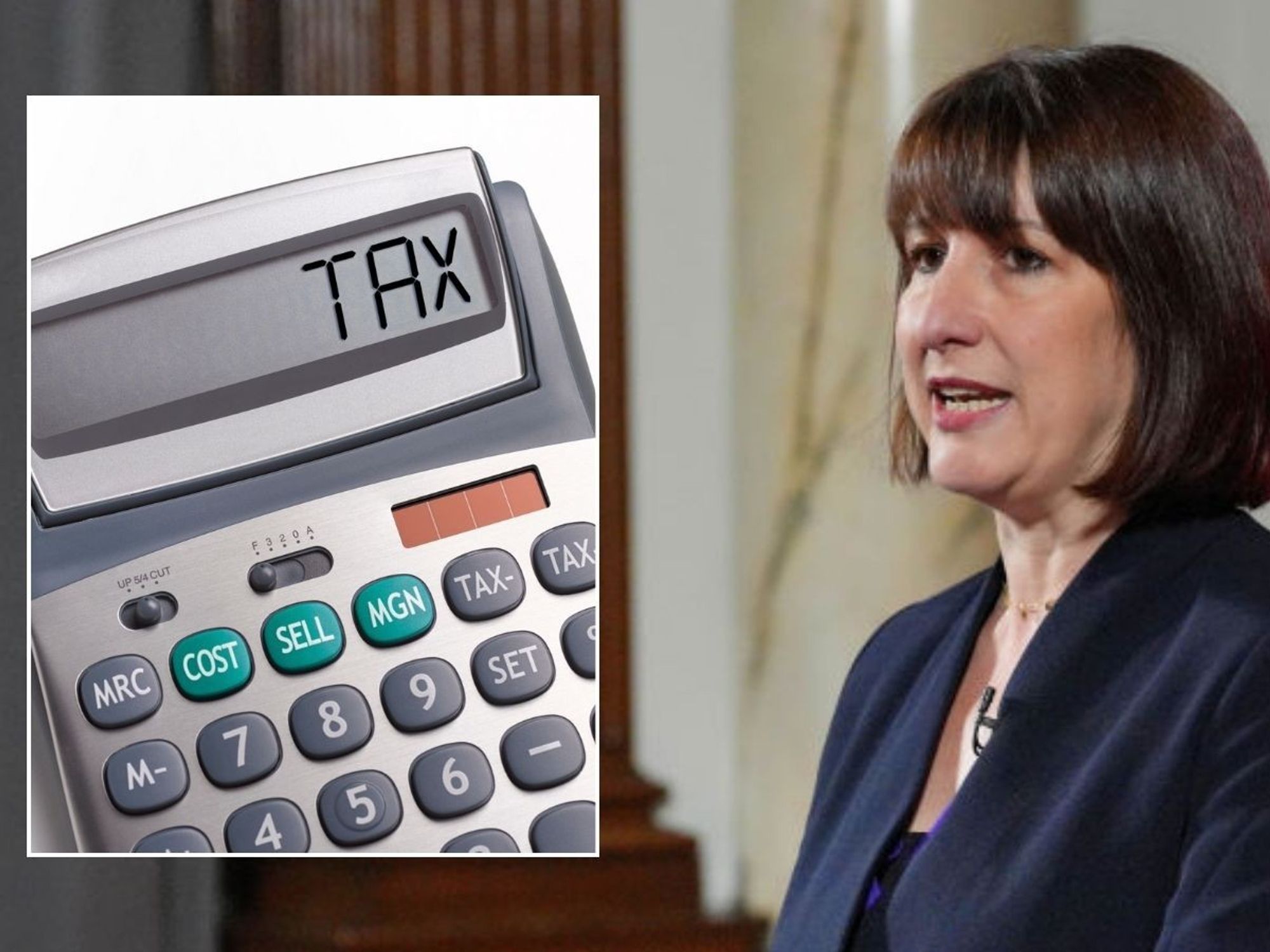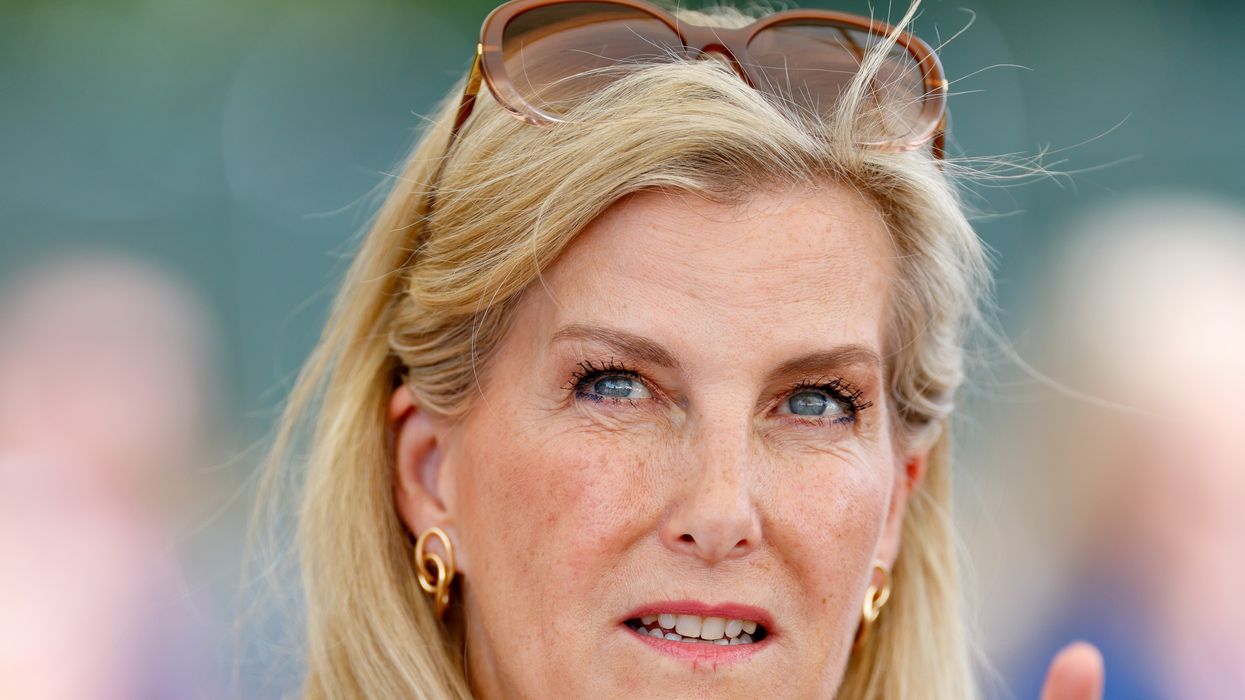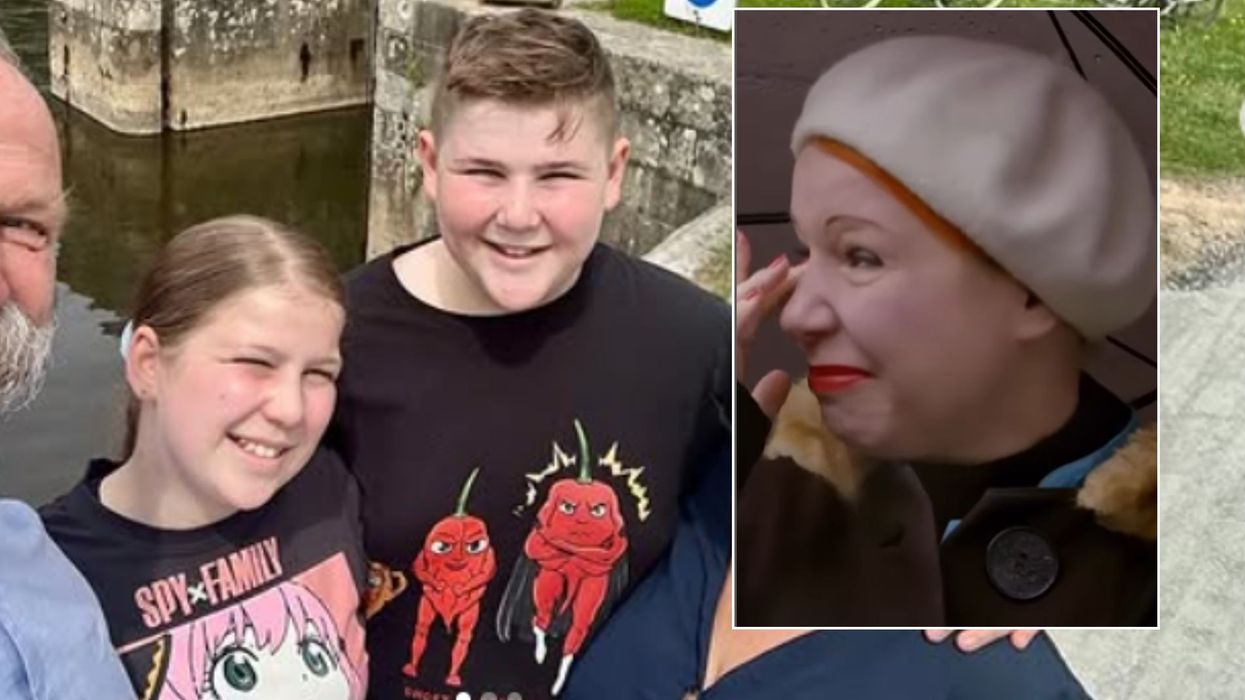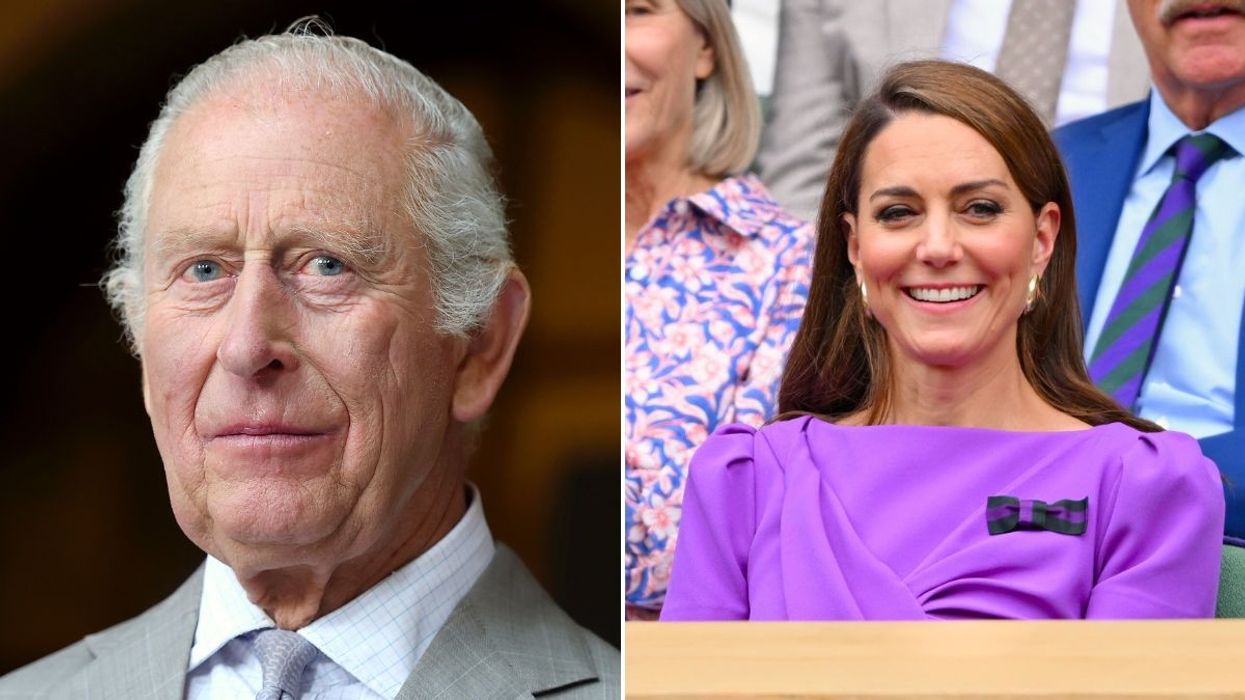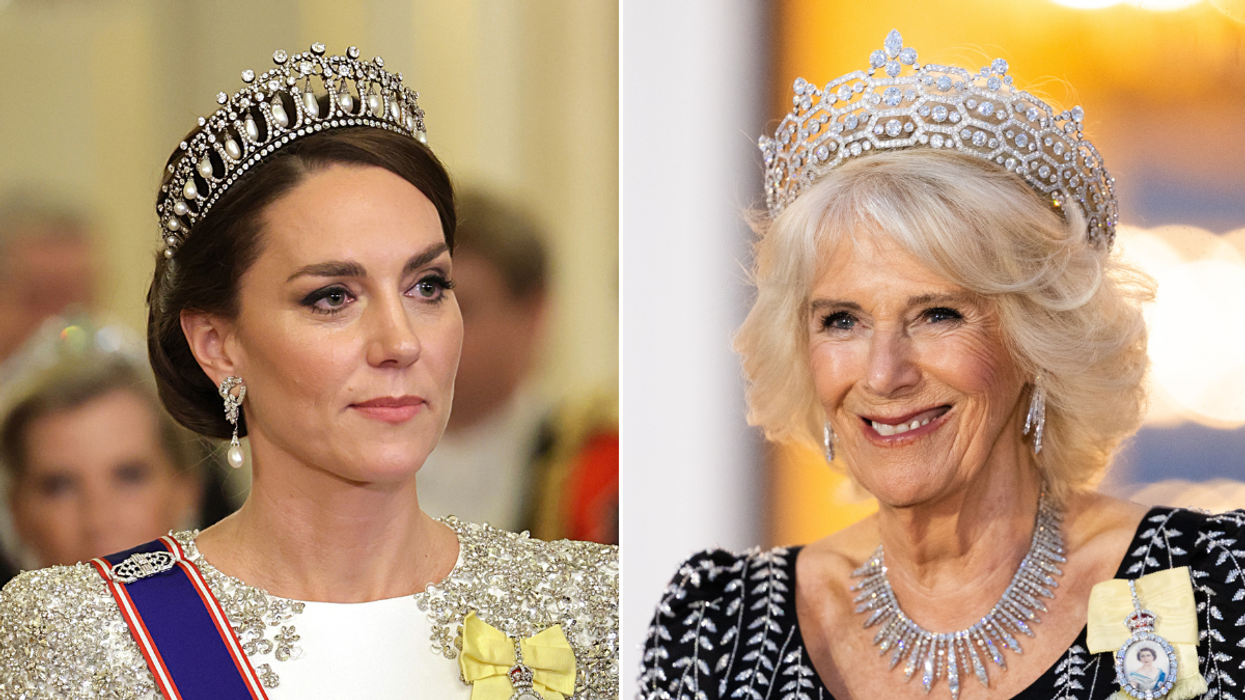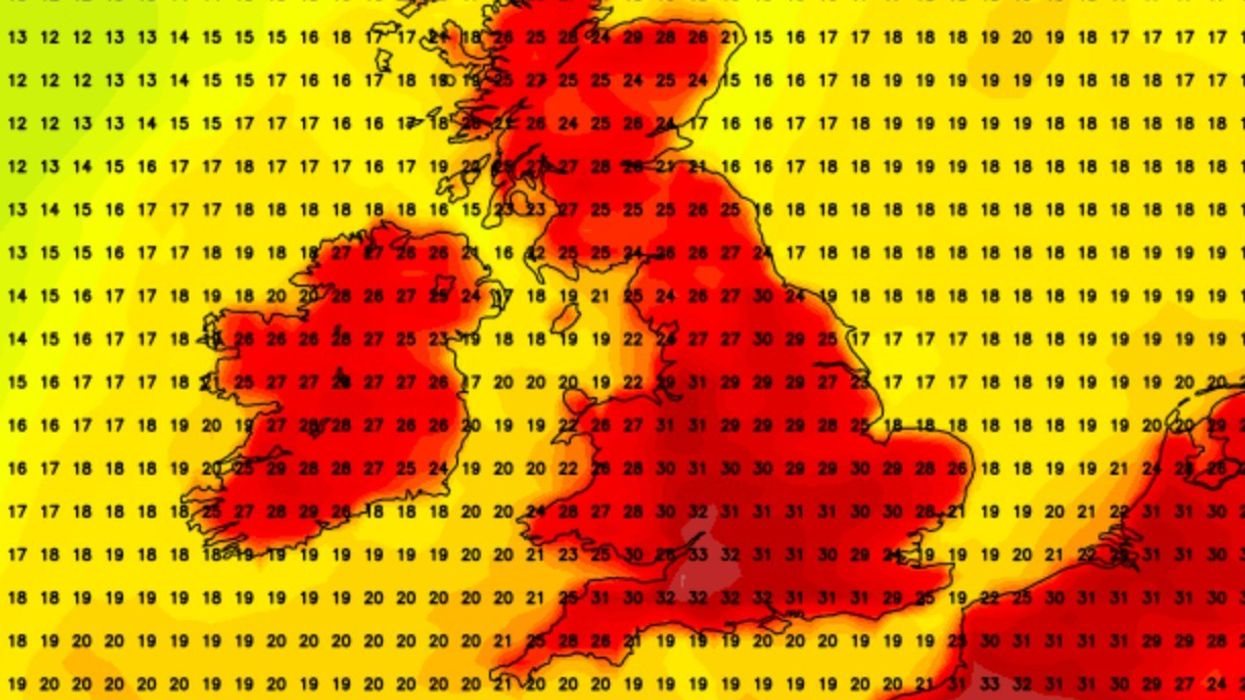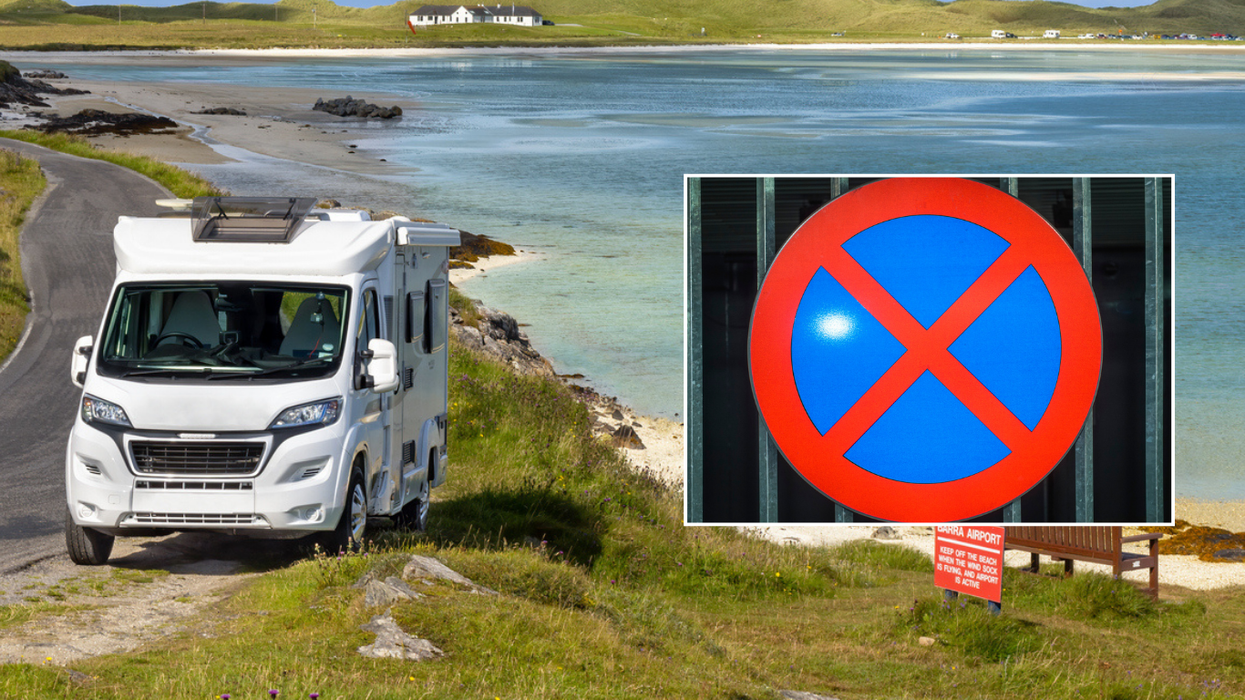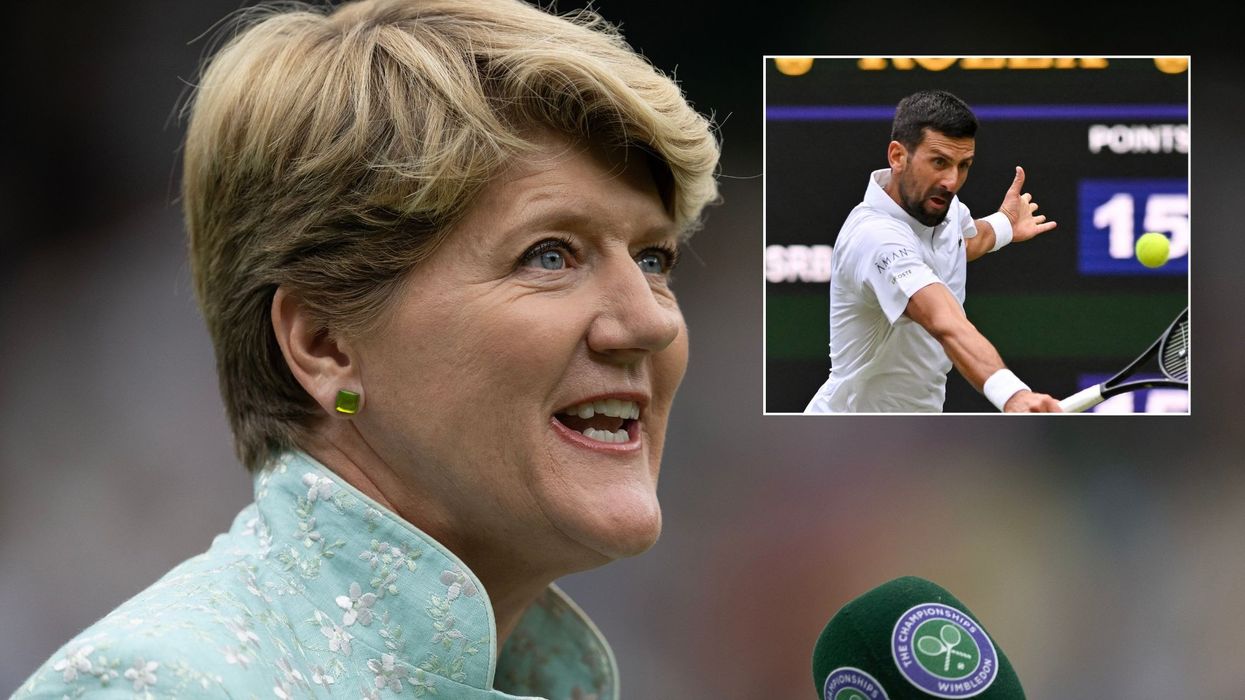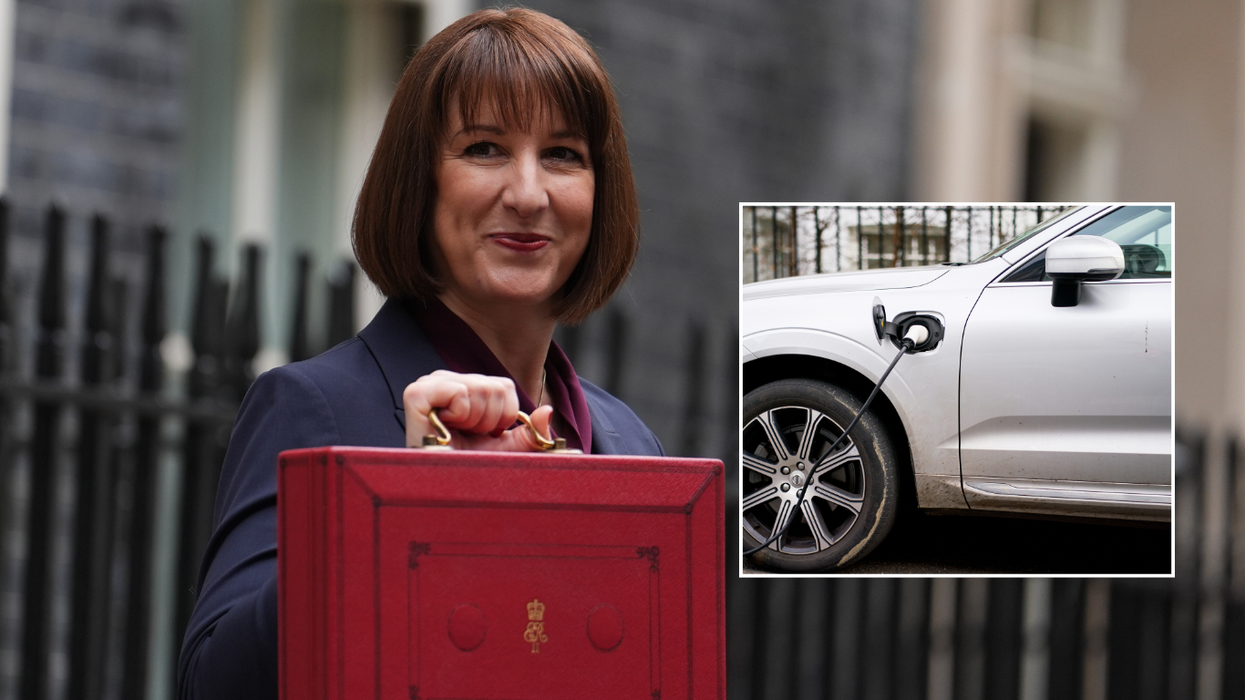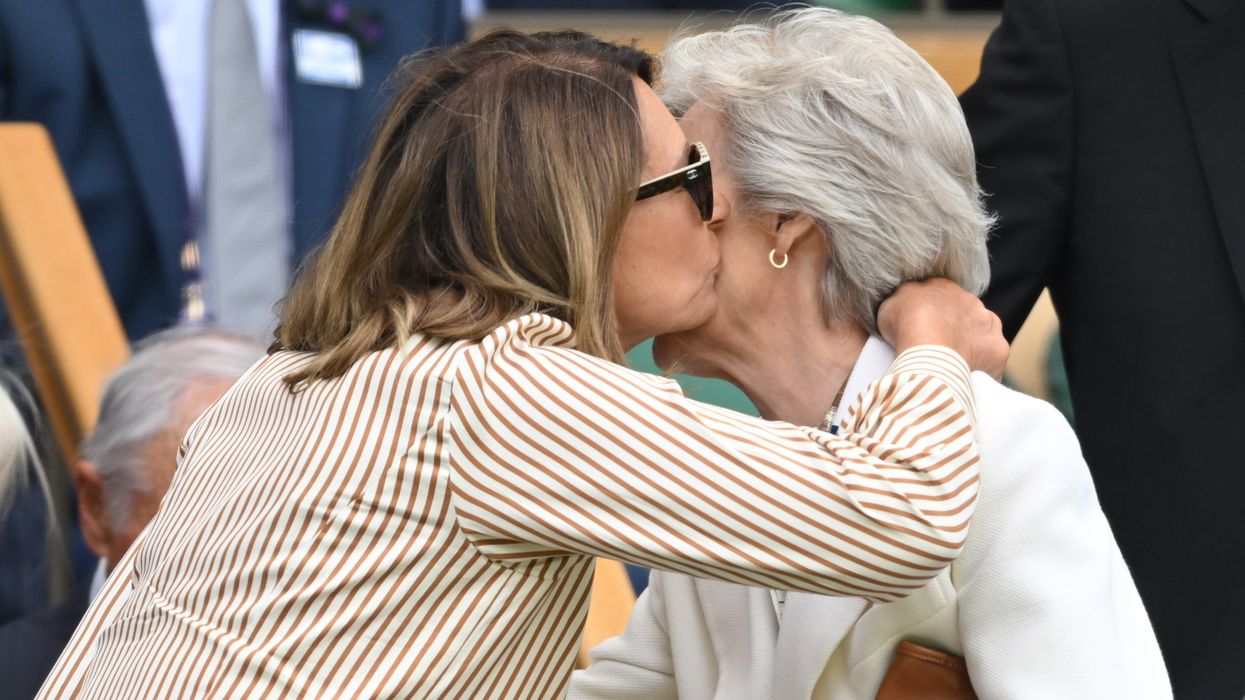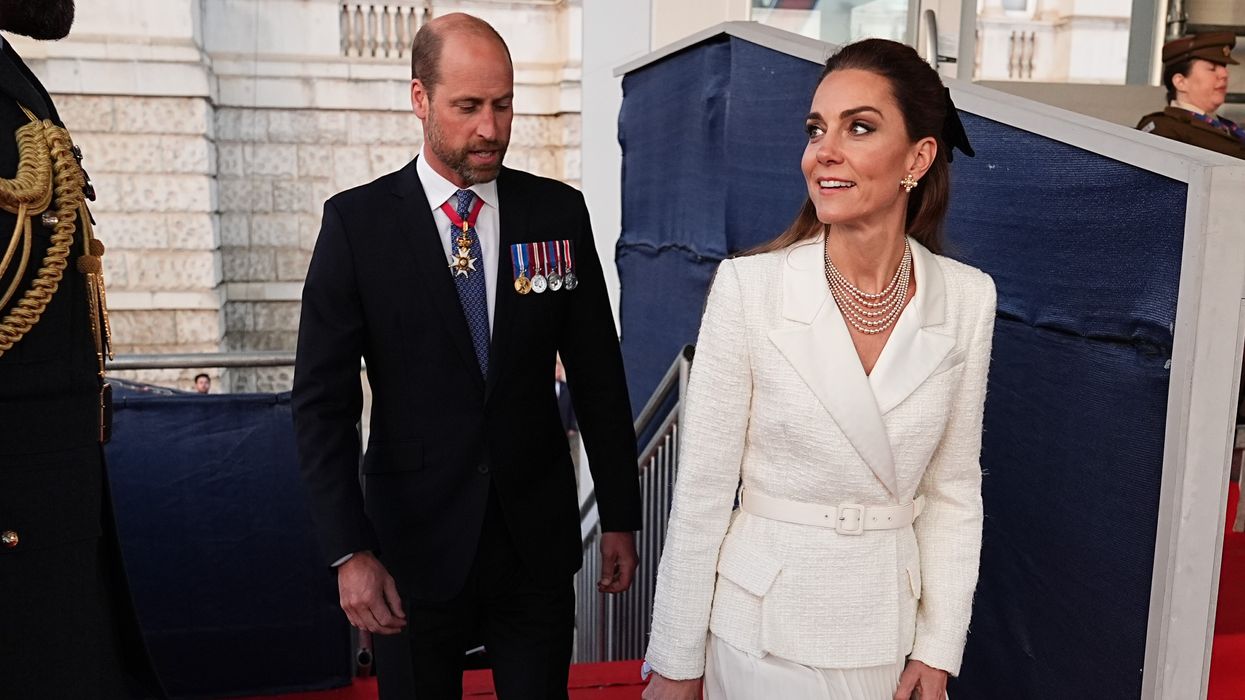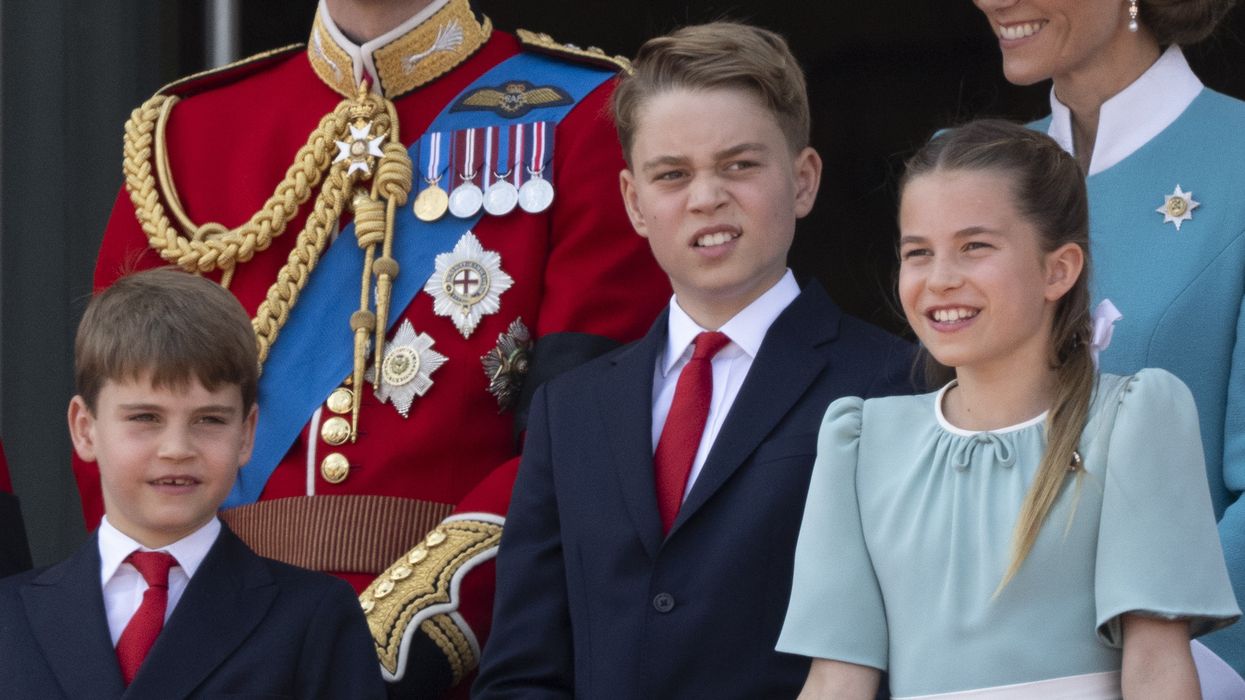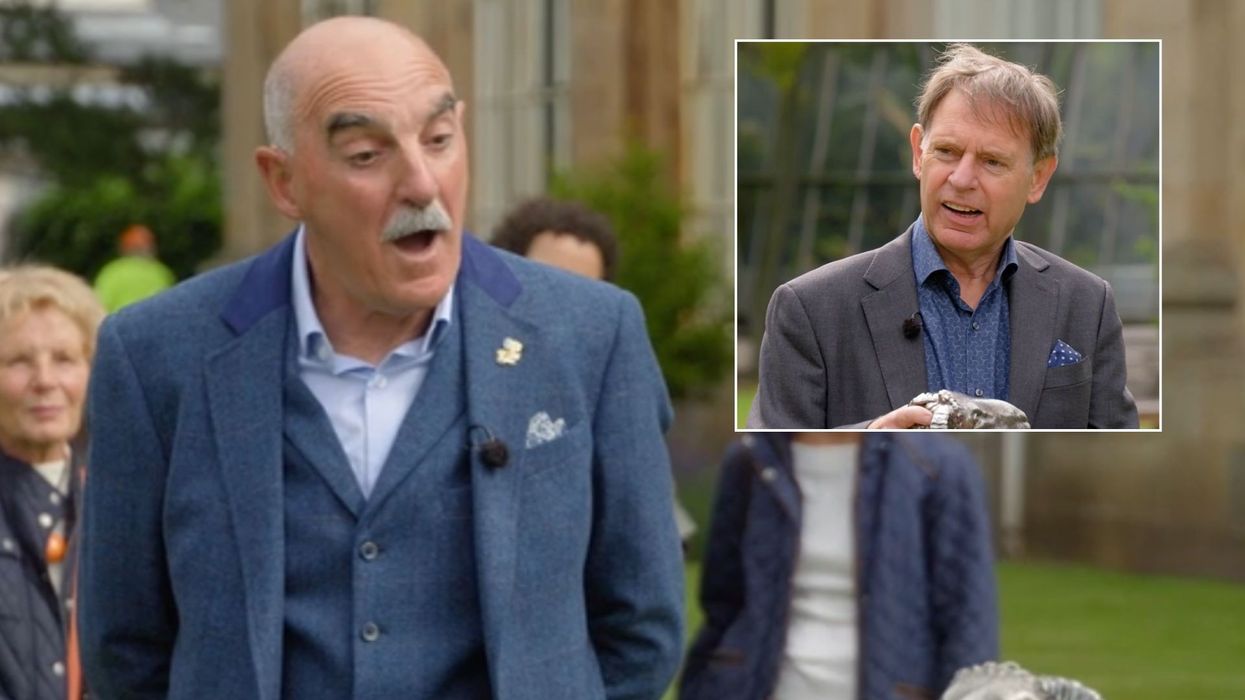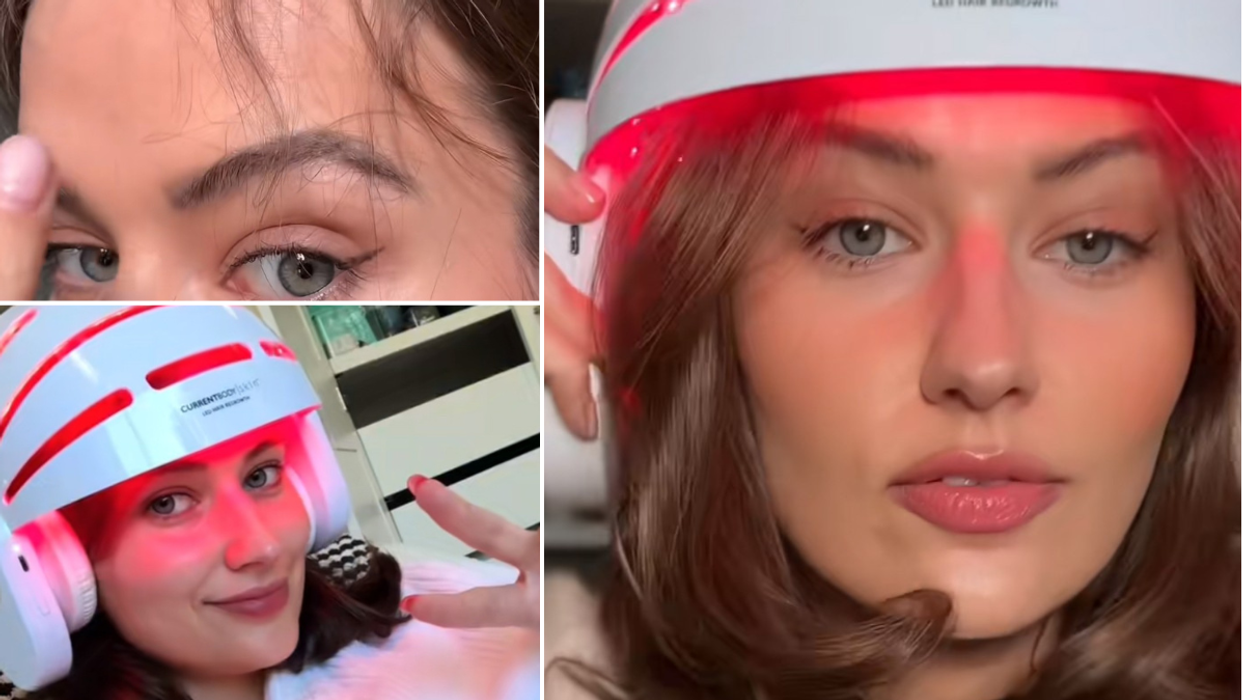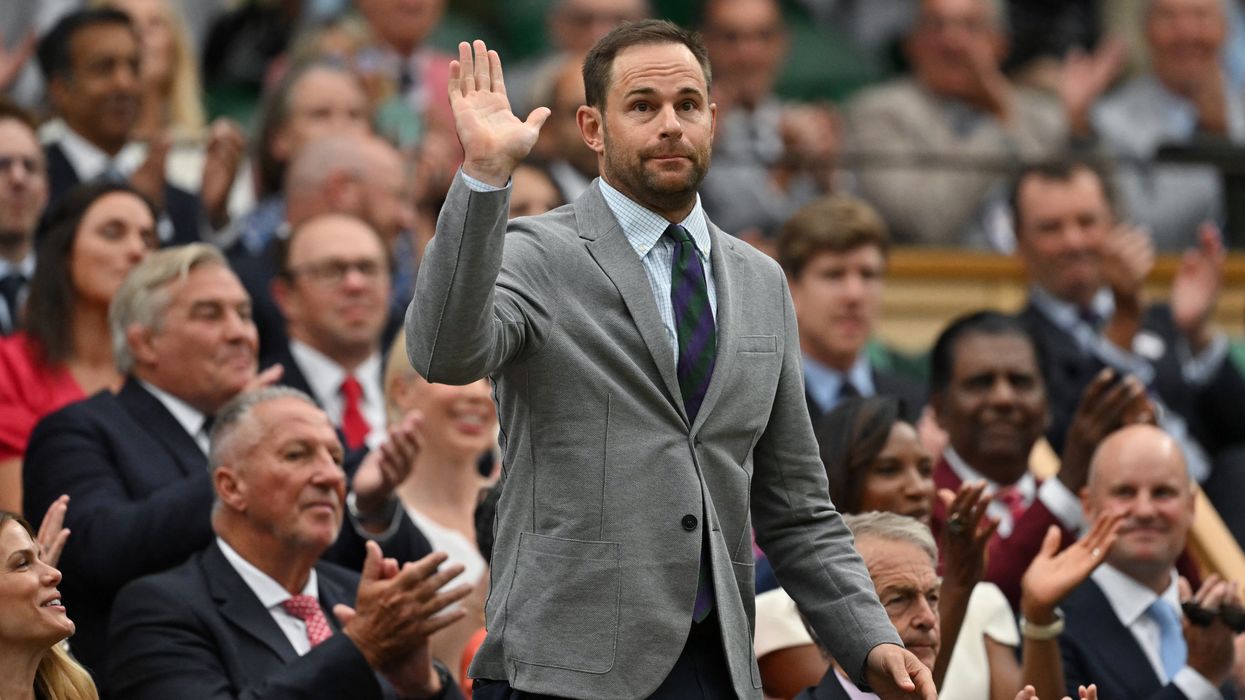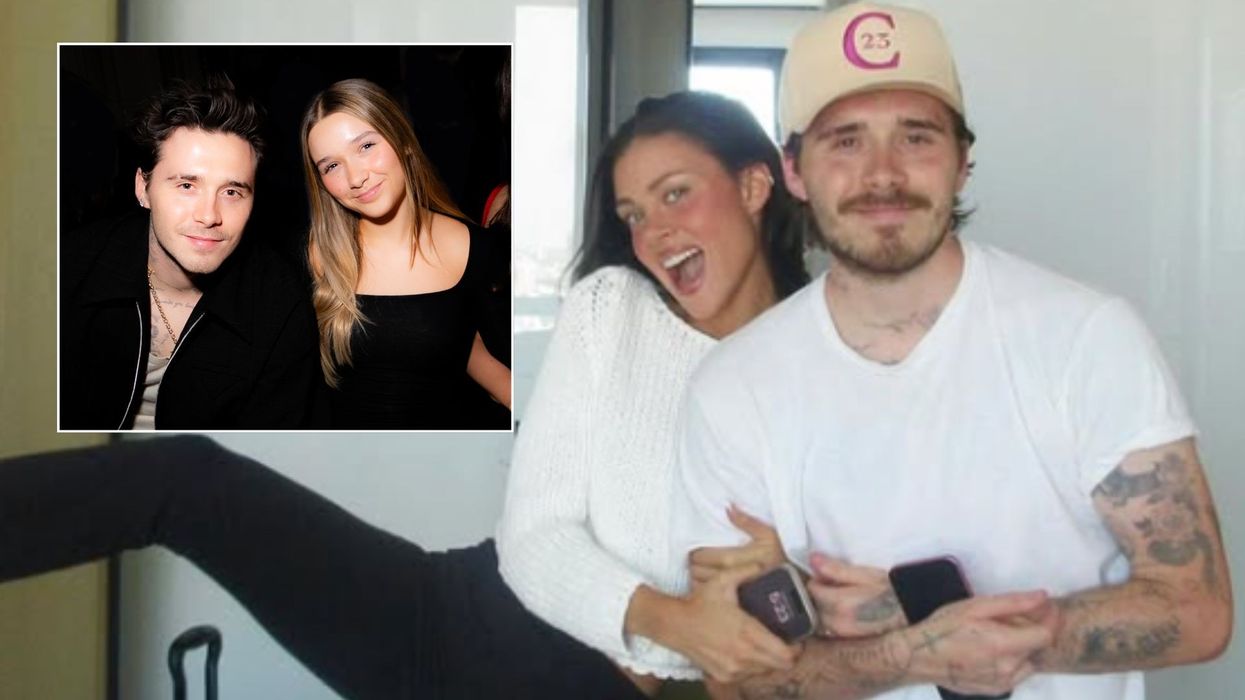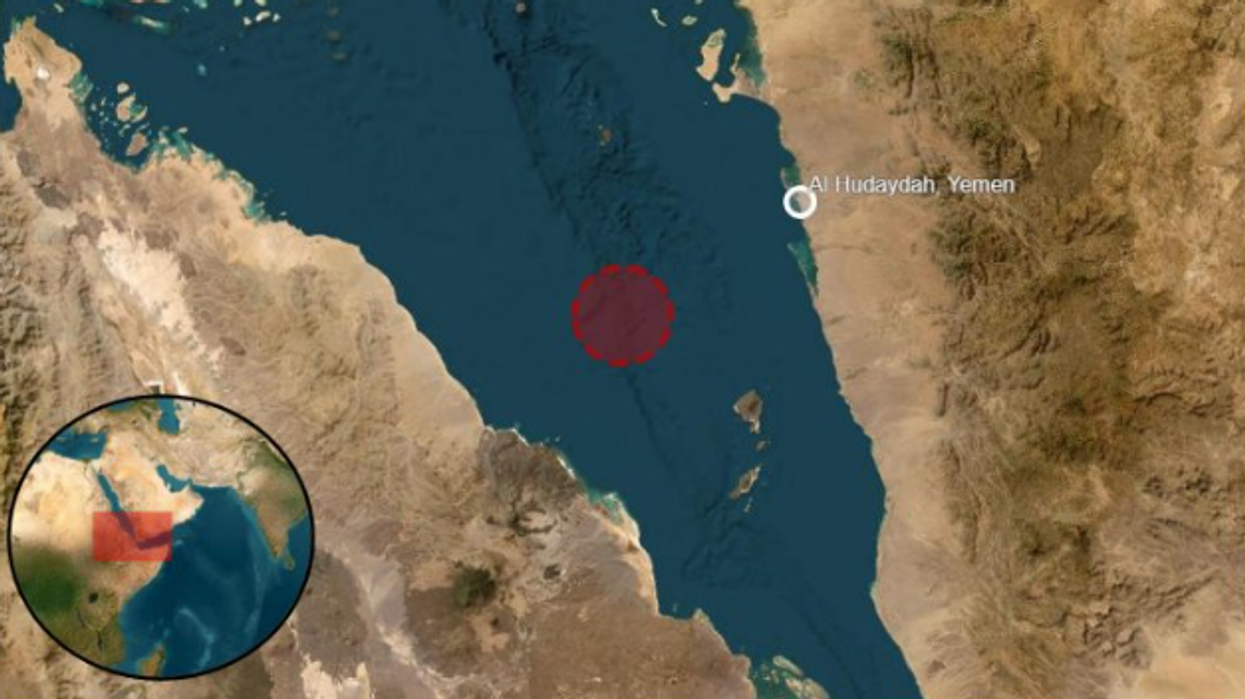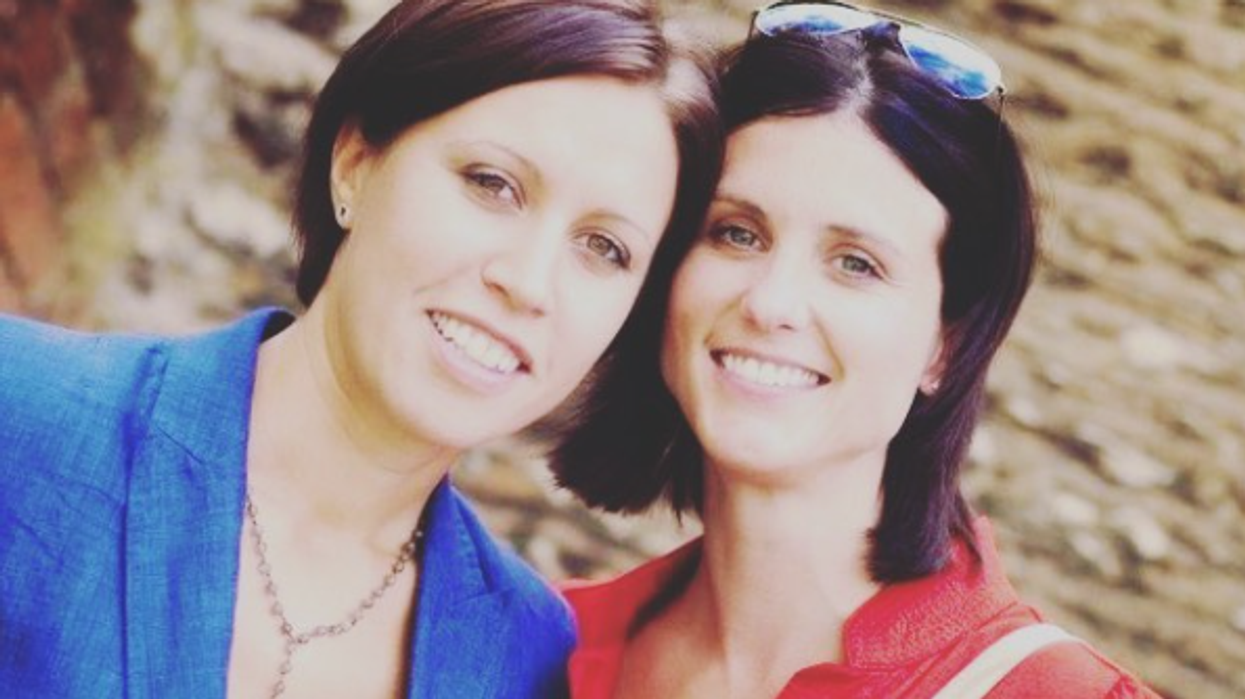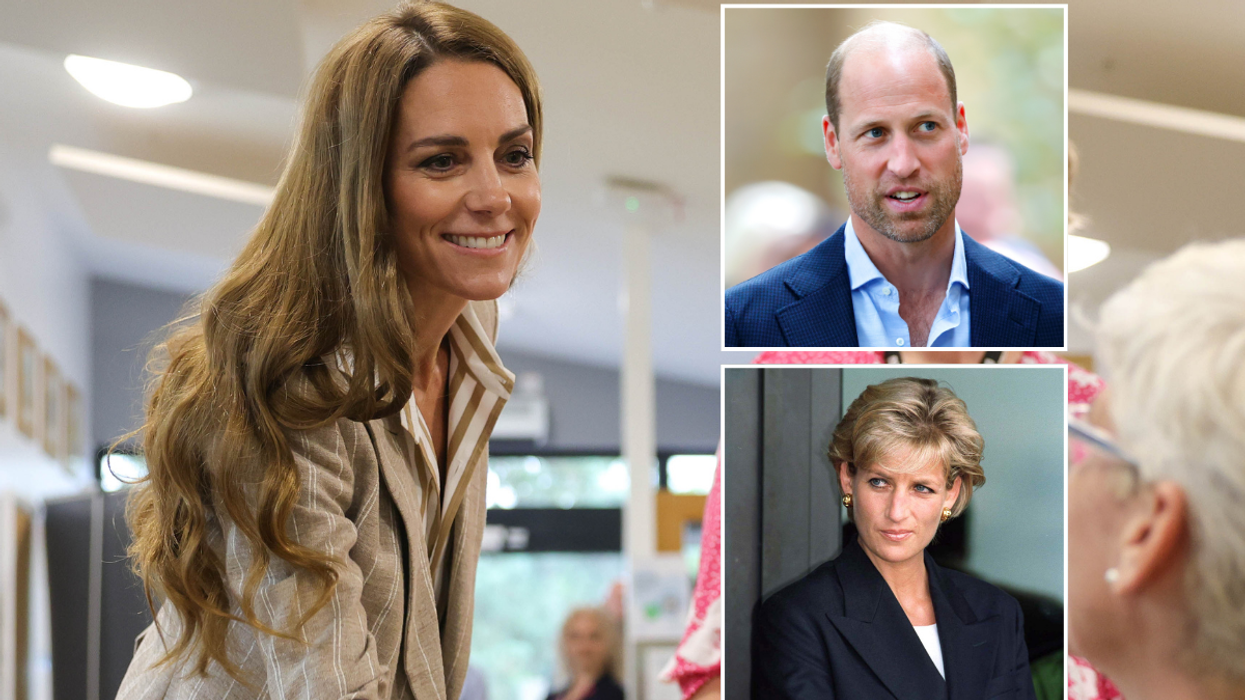Darlington woman in her 70s asked which of 18 genders she is… including ‘Two spirit’

A woman in her 70s from Darlington found 18 gender options on a patient form
Hospital chiefs have been criticised for the extensive list
Don't Miss
Most Read
Latest
A woman in her 70s from Darlington found 18 gender options on a patient form, which included “two-spirit” used by indigenous communities.
The paperwork also included "other" as an option for anyone who was not covered by the list.
The form features the traditional male and female choices, but also offers a huge range of other options.
These include passing, two-spirit, third gender, transgender, agender, bigender, cisgender, gender expression, gender fluid, gender queer and gender variant.
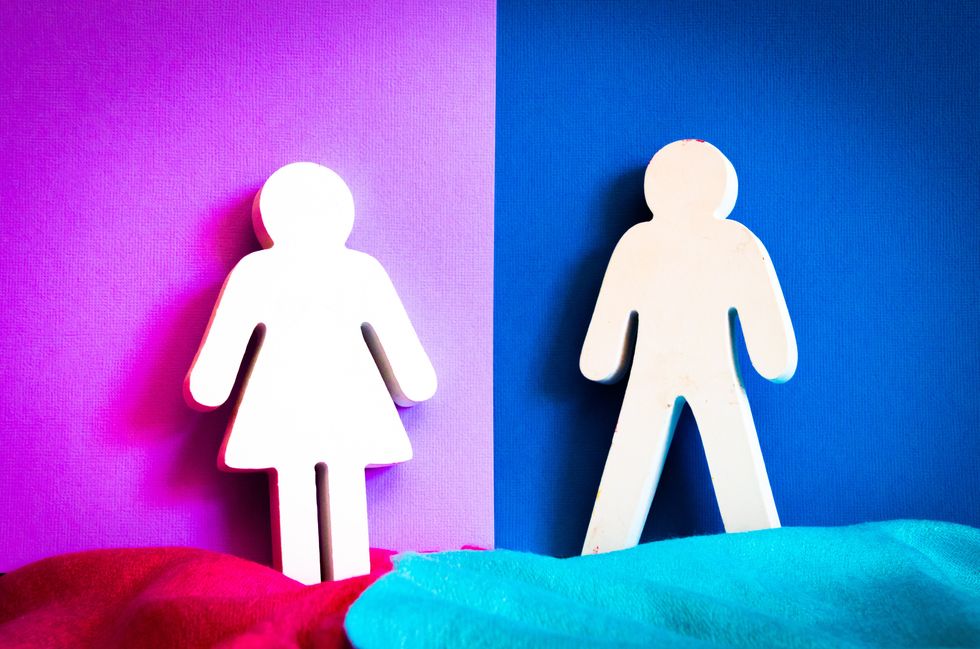
The form features the traditional male and female choices, but also offers a huge range of other options
Pexels
There is also a “prefer not to say” box to tick for patients who would rather not answer.
An insider said the extensive list is a way of offering “respect and humility” by allowing patients to identify who they are.
Passing refers to a person who perceive their gender as they identify as or attempt to be seen as, rather than the sex they were assigned at birth.
Third gender is when people are categorised as neither a man nor a woman, either by themselves or society, while agender is someone who claims not to have a gender at all.
Bigender is described as a person who experiences two genders, while gender fluid refers to someone who moves between different gender expressions.
Two-spirit is used by indigenous communities and reflects a unique understanding of gender roles.
The outpatient survey was given to a woman in her 70s at Darlington Memorial Hospital in County Durham.
“I’ve no idea what some of these are — I need to learn. It seems like a box-filling exercise, probably from some administrator who should focus on getting waiting lists down," she told The Sun.
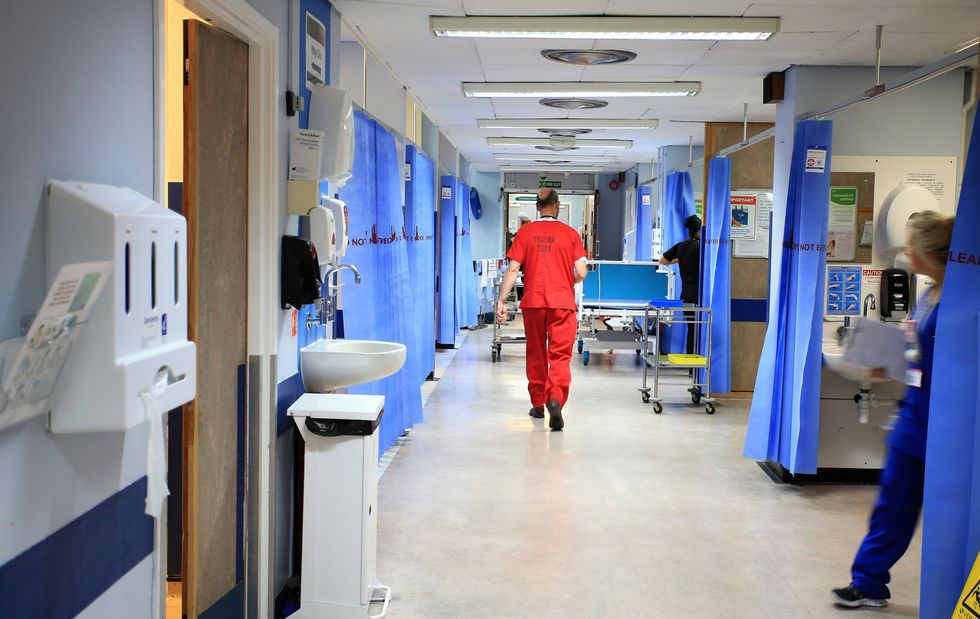
The outpatient survey was given to a woman in her 70s at Darlington Memorial Hospital in County Durham
PA
The NHS has been attempting to gather information on how patients identify to help inform future healthcare.
It comes after the NHS suffered backlash for removing the word 'woman' from cancer and pregnancy web pages.
Workers called for the change after at least 19 female health pages on the website removed the term “woman” or if it used it is accompanied by inclusive language.
The changes include pages on ovarian cancer, uterus cancer, menopause, childbirth and heavy periods.
A total of 1,200 NHS doctors, nurses and health practitioners have shared their concerns with bosses in a letter.


